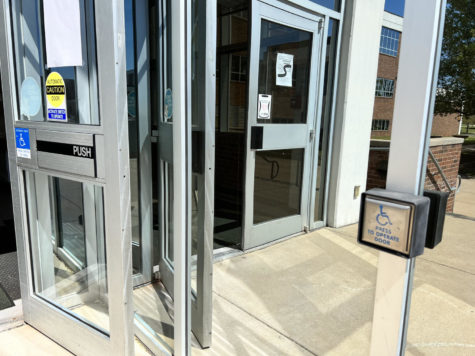Effective shared governance means listening
I sit on the Faculty Senate here at MSSU. Last October, our athletic director, Jared Bruggeman, made a presentation to the senate on the status of our athletic programs.
I thought the presentation was well received and there was a constructive exchange of information. But Mr. Bruggeman apparently thought differently and complained to President Speck about the treatment he received. Dr. Speck then unilaterally decided that none of “his people” (the President’s Council) would be allowed to attend senate meetings:
“…I have asked other members of the President’s Council not to attend Faculty Senate until I have the opportunity to talk directly with you [Faculty Senate] regarding my concern in establishing a more conducive environment for information sharing.” [See 12/9 Chart for more]. Well that opportunity came and went at the February senate meeting. Even though we were assured that the issue would be addressed at that meeting, Dr. Speck chose to ignore it.
I also sit on the Shared Governance Taskforce here at MSSU. We have put in a lot of work into developing the infrastructure necessary to foster communication and shared governance in the wake of Higher Learning Comission accreditation deficiencies. It is obvious that “a more conducive environment for information sharing” is necessary for effective shared governance. Why is Dr. Speck failing to address this critical issue?
Your donation will support the student journalists of Missouri Southern State University. Your contribution will allow us to purchase equipment and cover our annual website hosting costs.





























